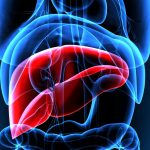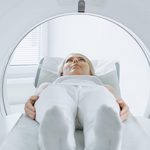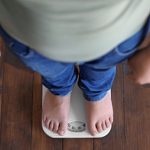
Over the first few years of a child’s life, foods found in a family’s fridge and cupboards tends to get less healthy, new research shows. “We found significant changes in several food categories over time,” said study lead author Jennifer Barton. “Food items such as non-whole grains, processed meats, savory snacks, candy and microwavable or quick-cook foods were more commonly available in the home at 48 months [of age] compared to 24 and 36 months.” The study, which tracked foods in the homes of 468 mother-child pairs in Illinois, was published recently in the journal Public Health Nutrition. Barton is an assistant research professor at Pennsylvania State University, but she conducted the research while at the University of Illinois’ College of Agricultural, Consumer and Environmental Sciences, in Urbana. According to Barton, “it’s important to understand how the environments that children are in can influence their diet and nutrition. What types of foods and beverages are available in the home, and how accessible are those items for the young child? “ Tracking the availability of various foods in the homes of the study participants, Barton’s group used a standard checklist called the Home Food Inventory to see what kids could access at 2, 3 and 4 years of age. All of the participants were taking part in an ongoing UI research project tracking the nutrition of children… read on > read on >


















